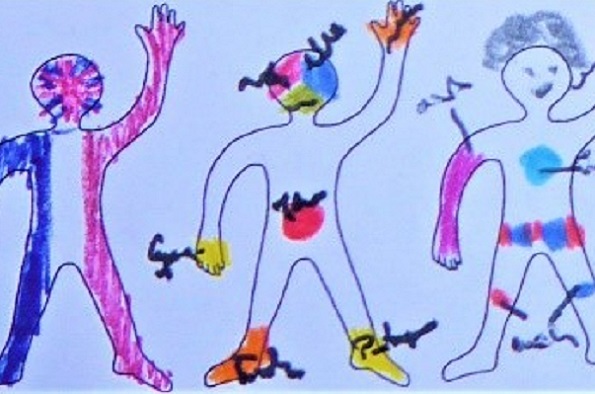
Using language portrait silhouettes to explore and validate linguistic repertoires
Add this event to my calendar
Click on "Create a calendar file" and your browser will download a .ics file for this event.
Microsoft Outlook: Download the file, double-click it to open it in Outlook, then click on "Save & Close" to save it to your calendar. If that doesn't work go into Outlook, click on the File tab, then on Open & Export, then Open Calendar. Select your .ics file then click on "Save & Close".
Google Calendar: download the file, then go into your calendar. On the left where it says "Other calendars" click on the arrow icon and then click on Import calendar. Click on Browse and select the .ics file, then click on Import.
Apple Calendar: The file may open automatically with an option to save it to your calendar. If not, download the file, then you can either drag it to Calendar or import the file by going to File >Import > Import and choosing the .ics file.
Language portrait silhouettes have been widely used since the 1990s. They can give a holistic representation of what languages mean to multilingual speakers and how they can represent not only their competences and knowledge, but their “being in the language” (“In-der-Sprache-Sein”, Heidegger). Language portrait silhouettes are at the interface between biography and discourse. Not only do they give insight into how speakers represent themselves in ‘images’, but the portraits are often connected with their narrations about language acquisition and use. In producing these narratives students can unfold their language repertoire in which dominant and dormant languages can find their place. Language portraits can therefore make an important contribution to the interactional process in the language class.
In this workshop I will present the theoretical background of language portraits and give examples and different possibilities to explore students’ linguistic repertoires. Participants will have the opportunity to develop and reflect on their own language portraits.
Prof Eva-Maria Thüne has been professor of German Language at the University of Bologna since 1997. Her main research areas are text linguistics, conversation analysis, German as a foreign language, and language biographies. She collected narrations about the Kindertransport in 2017, investigating about the linguistic side of this traumatic experience (www.gerettet2019.wordpress.com). She has received the prize of the Accademia di Studi Italo-Tedeschi di Merano and has been a Fellow of the Bogliasco Foundation.
Please register for this event via Eventbrite.
